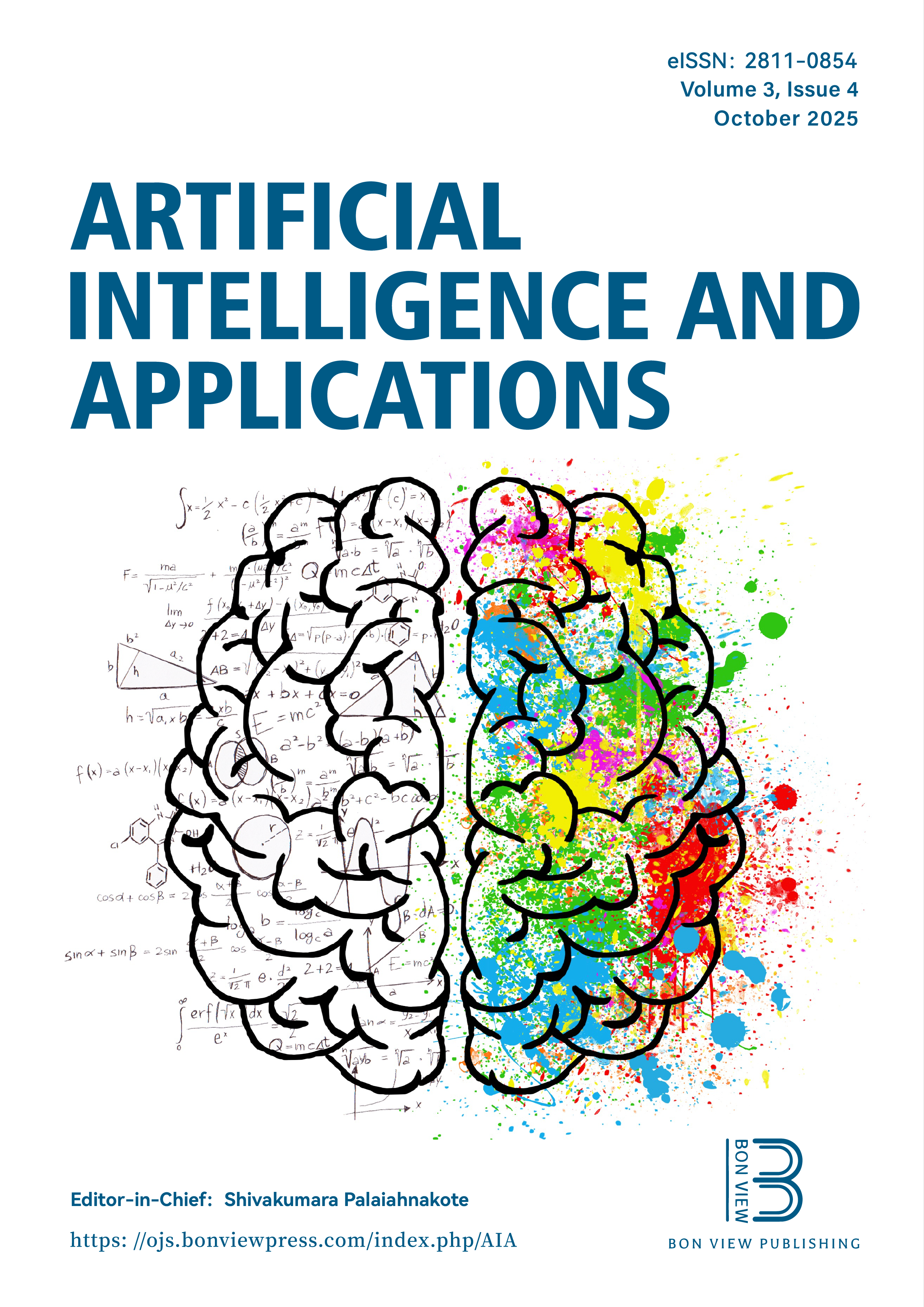SNERC: Enhancing Knowledge Management with Named Entity Recognition and Document Classification for Apply Gaming
DOI:
https://doi.org/10.47852/bonviewAIA52023841Keywords:
named entity recognition, document classification, rule-based expert system, social network, knowledge management systemAbstract
In this article, we present Stanford Named Entity Recognition and Classification (SNERC), an intelligent system designed to enhance knowledge management through named entity recognition (NER) and document classification (DC) in the field of Applied Gaming. In this domain, the effective application of NER and DC is essential for addressing information overload (IO), enabling software developers to efficiently search, filter, and retrieve large volumes of textual data from web sources. SNERC streamlines the management and deployment of machine learning (ML)-based NER models, supporting the accurate extraction of named entities (NEs) and the classification of heterogeneous textual documents. The system tackles key challenges in NER, such as the impact of language and domain specificity on model performance, domain adaptation, and the complexity of handling diverse NE types. We demonstrate SNERC’s capabilities through real-world use cases, highlighting improvements in DC and information retrieval (IR) within applied gaming scenarios. The system provides core functionalities for training, evaluating, and managing NER models using the Stanford CoreNLP framework. Additionally, SNERC integrates with a rule-based expert system (RBES) to enable the automatic categorization of documents into predefined taxonomies within a knowledge management system. We present results from comprehensive qualitative and quantitative evaluations—measured through precision, recall, and F-score—to assess the system’s effectiveness and identify areas for further optimization, supporting seamless integration into real-world operational environments.
Received: 15 July 2024 | Revised: 9 April 2025 | Accepted: 29 April 2025
Conflicts of Interest
The authors declare that they have no conflicts of interest to this work.
Data Availability Statement
Data sharing is not applicable to this article as no new data were created or analyzed in this study.
Author Contribution Statement
Philippe Tamla: Conceptualization, Methodology, Software, Validation, Formal analysis, Investigation, Resources, Data curation, Writing – original draft, Writing – review & editing, Visualization. Florian Freund: Methodology, Software, Validation, Resources, Data curation, Writing – original draft, Writing – review & editing, Visualization. Matthias Hemmje: Conceptualization, Validation, Supervision, Project administration.
Downloads
Published
Issue
Section
License
Copyright (c) 2025 Authors

This work is licensed under a Creative Commons Attribution 4.0 International License.


